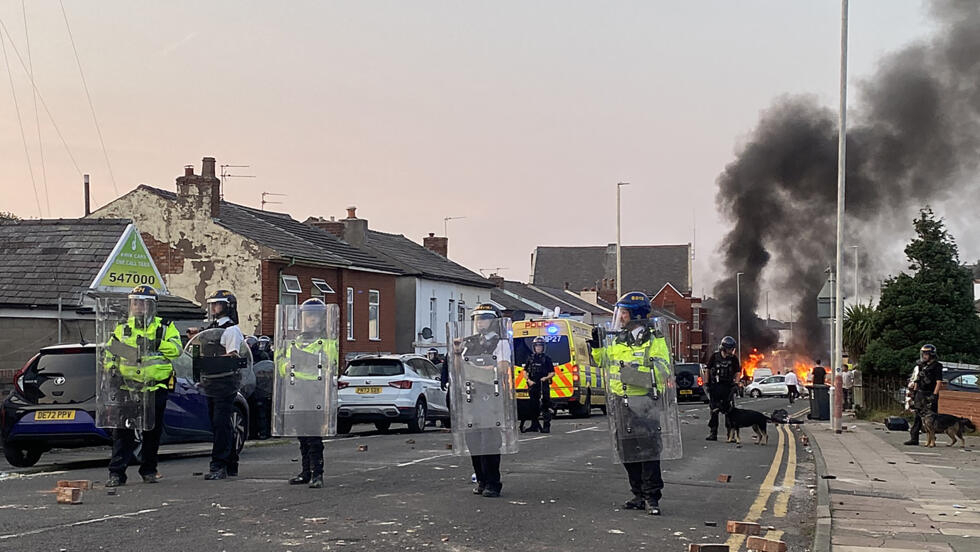In response to recent far-right riots across the UK fueled by misinformation on social media, UK Education Secretary Bridget Phillipson has announced a review of the school curriculum to better equip children with critical thinking skills. This initiative aims to help students identify fake news and extremist content online, promoting a safer and more informed digital environment.
Key Points
- Curriculum Review: The UK government is set to revise the curriculum for both primary and secondary schools, with a focus on embedding critical thinking skills across multiple subjects.
- Combating Misinformation: Students will be taught how to distinguish between reliable information and false claims. This could involve analyzing articles in English lessons to spot fabricated content and clickbait.
- Government’s Rationale: Bridget Phillipson emphasized the importance of arming young people with the tools to challenge what they encounter online, particularly in an era where disinformation is rampant on social media.
- Wider Curriculum Goals: The new curriculum will maintain high standards in core subjects but also aim to provide a broad, knowledge-rich education. This approach is intended to help students thrive in the workplace and throughout life.
Context
The review follows recent riots that began in Southport, sparked by misinformation about a stabbing incident involving a Muslim refugee. The false claims spread quickly online, leading to violent clashes in several UK cities. The government, led by Prime Minister Keir Starmer, attributed the unrest to far-right groups and has taken steps to clamp down on the violence and misinformation.
Police Perspective
Chief Constable Gavin Stephens, chair of the National Police Chiefs’ Council, highlighted the dangers of disinformation, noting that it can have real-world consequences. He called for greater caution in online behavior, suggesting that more harmful content should be deleted rather than shared.
Public Response
In response to the riots, peaceful counter-protests have emerged across the UK, demonstrating a strong community spirit against far-right extremism. King Charles III praised these efforts, calling for unity in the face of divisive actions.
Recommendation for India
Given India’s growing population and the increasing influence of social media, a similar initiative could be beneficial. Implementing critical thinking and digital literacy in schools would help Indian students navigate the vast amount of information available online and protect them from the dangers of misinformation and extremist content.
Conclusion
The UK’s curriculum review represents a proactive step towards safeguarding the next generation from the perils of online disinformation. By fostering critical thinking skills in students, the government aims to create a more informed and resilient society. India’s education system could greatly benefit from adopting similar measures to address the challenges posed by the digital age.

